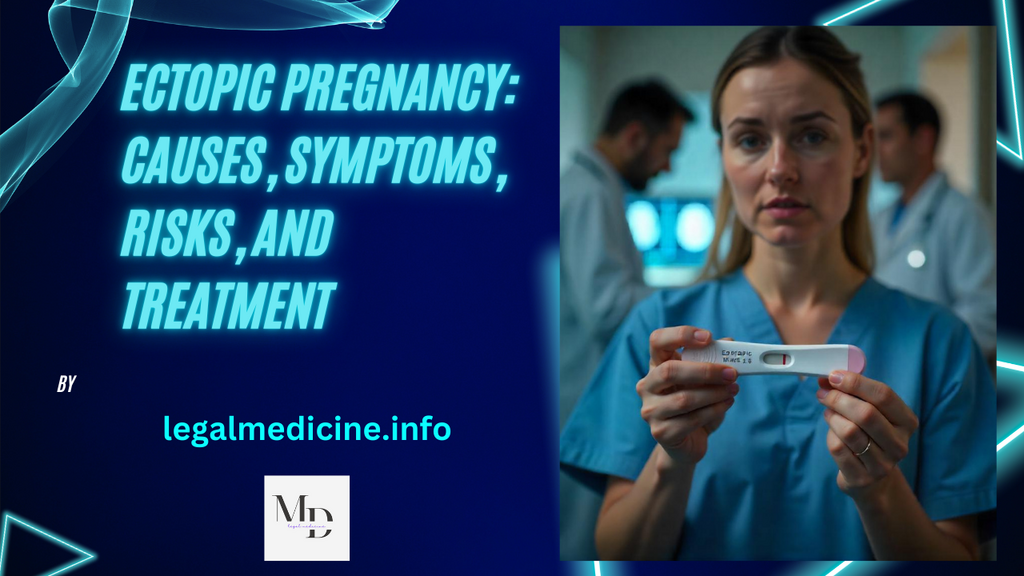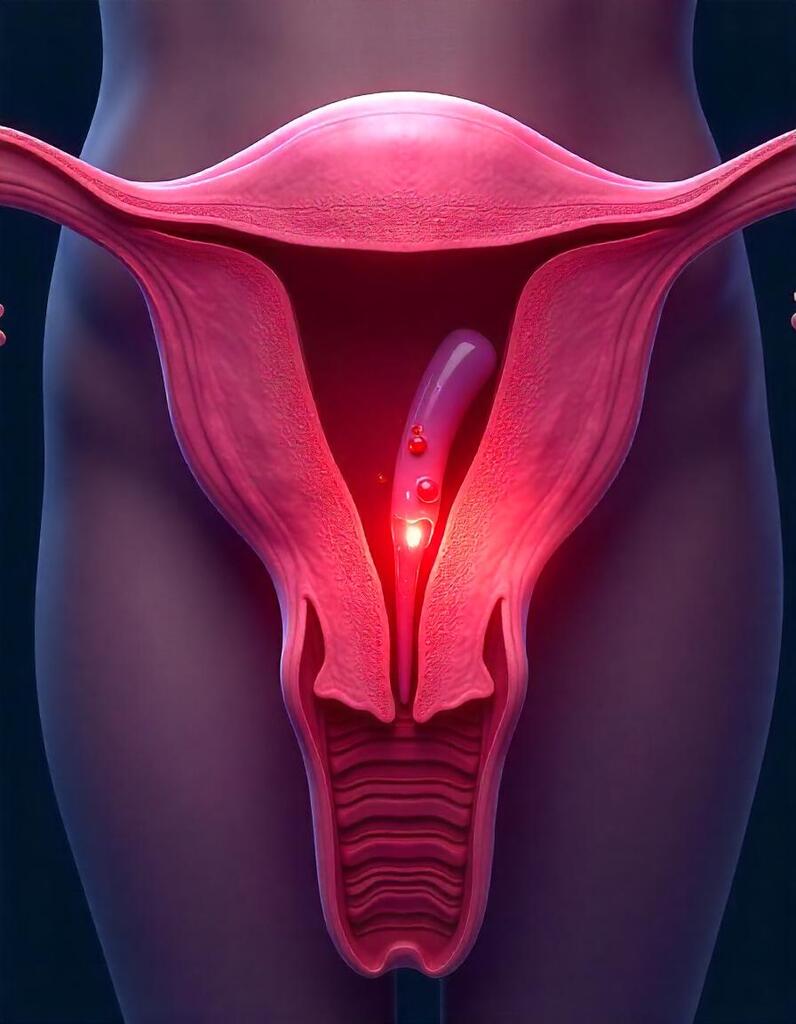Ectopic Pregnancy: Causes, Symptoms, Risks, and Treatment

What is an Ectopic Pregnancy?
Ectopic pregnancy occurs when a fertilized egg implants outside the uterus, typically in the fallopian tube. This condition is life-threatening if not diagnosed and treated promptly.
Common Sites of Ectopic Pregnancy
- Fallopian Tube (Tubal Pregnancy) – Most common (over 90%)
- Ovary
- Abdominal Cavity
- Cervix
- Cesarean Scar (Scar Ectopic Pregnancy)
Signs and Symptoms

- Missed period
- Lower abdominal pain (sharp or crampy)
- Vaginal bleeding (spotting to heavy bleeding)
- Shoulder pain (due to internal bleeding)
- Dizziness or fainting (severe cases)
Risk Factors
- Previous ectopic pregnancy
- Pelvic inflammatory disease (PID)
- History of fallopian tube surgery
- Use of intrauterine devices (IUDs)
- Smoking
- Assisted reproductive techniques (e.g., IVF)
Causes
- Blocked or damaged fallopian tubes
- Hormonal imbalances
- Genetic abnormalities
- Previous pelvic or abdominal surgeries
Diagnosis and Investigations
- Transvaginal Ultrasound: Confirms the absence of a gestational sac in the uterus.
- Beta-hCG Levels: Lower-than-expected rise in pregnancy hormone.
- Pelvic Examination: Identifies tenderness or a mass.
Treatment Options for Ectopic Pregnancy
1. Medical Management
- Methotrexate Injection: Stops fetal cell growth, suitable for early-stage ectopic pregnancies.

2. Surgical Management
- Laparoscopic Salpingostomy: Removal of Tubal pregnancy while preserving the tube.
- Salpingectomy: Removal of the affected fallopian tube if severely damaged.
Complications
- Severe internal bleeding
- Infection
- Infertility or reduced fertility
- Emotional distress
Ruptured Ectopic Pregnancy: A Medical Emergency
A ruptured Tubal pregnancy can cause massive internal bleeding, shock, and even death. Emergency surgery is required to stop bleeding and remove the ectopic tissue.
Prevention
- Early treatment of sexually transmitted infections (STIs)
- Quitting smoking
- Regular gynecological check-ups

Frequently Asked Questions (FAQs)
1. Can an Tubal pregnancy be saved?
No, Tubal pregnancy cannot be reimplanted into the uterus and must be treated.
2. Can I have a normal pregnancy after an Tubal pregnancy?
Yes, but future pregnancies should be closely monitored.
3. What are the first signs of an Tubal pregnancy?
Mild abdominal pain and spotting are early signs, requiring prompt medical evaluation.
4. How soon can an Tubal pregnancy be detected?
It can be detected around 5-6 weeks with beta-hCG tests and ultrasound.
5. Is a ruptured Tubal pregnancy fatal?
Yes, if left untreated, it can lead to life-threatening bleeding.
